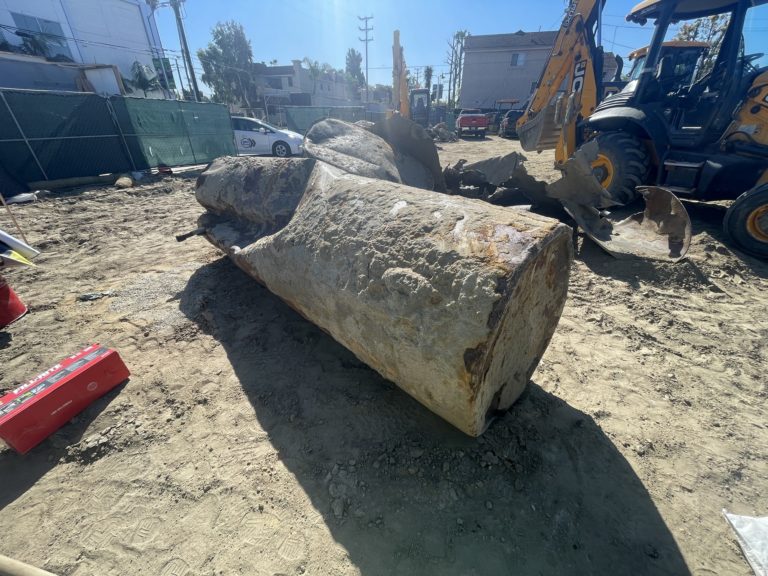Monoculture Definition
The term “Monoculture,” in the fields of farming and agriculture, refers to a cultivation system that comprises only one organism. For instance, an entire crop field that only grows carrots. In a monoculture, there is no symbiosis between different species. As a result, there isn’t any comingling with other organisms. In fact, for an outside organism to survive in a monoculture, it must be capable to utilize that single plant species s a life-source. For instance, some parasitic insects can survive a lifetime by solely consuming the type of crop growing in a traditional industrial crop field.


